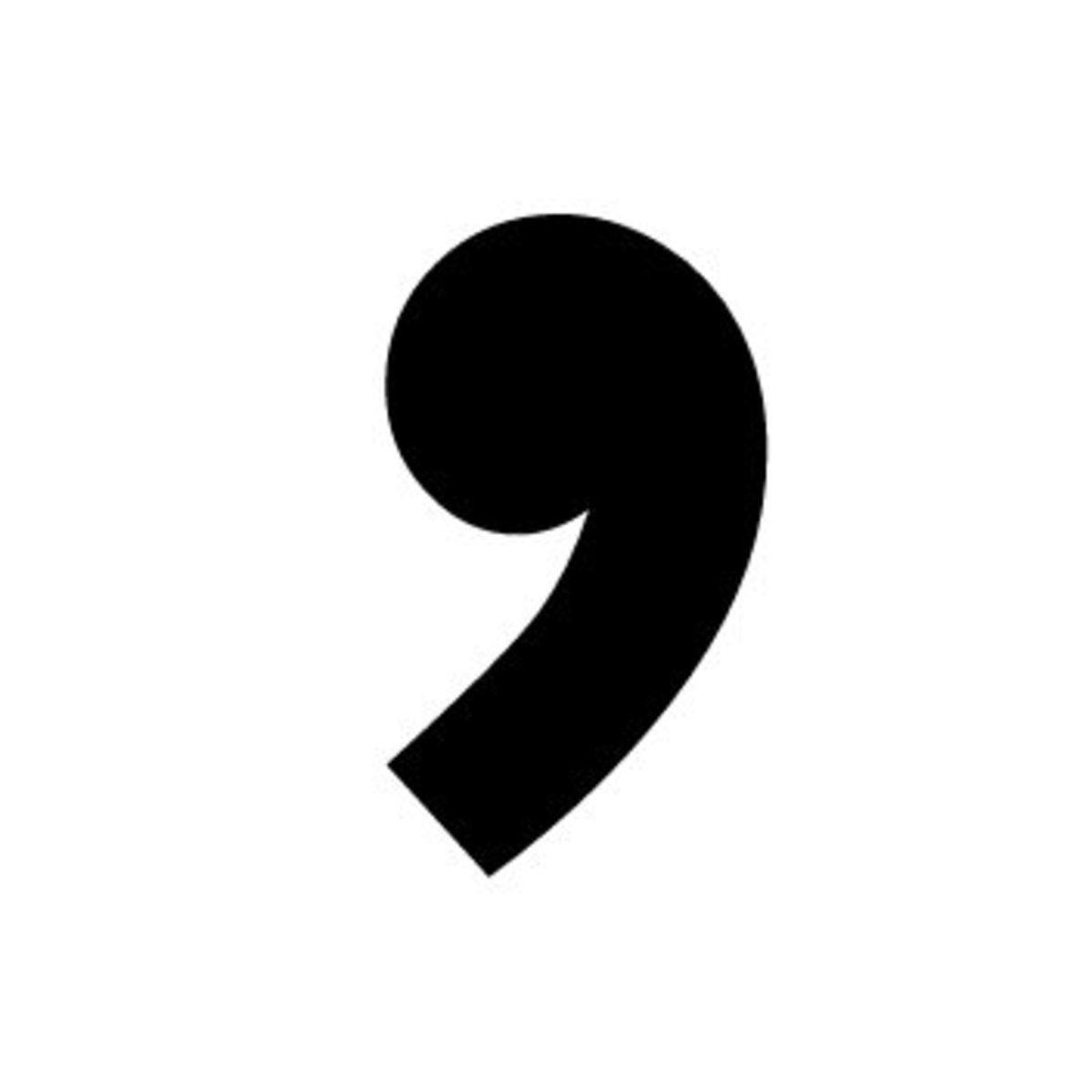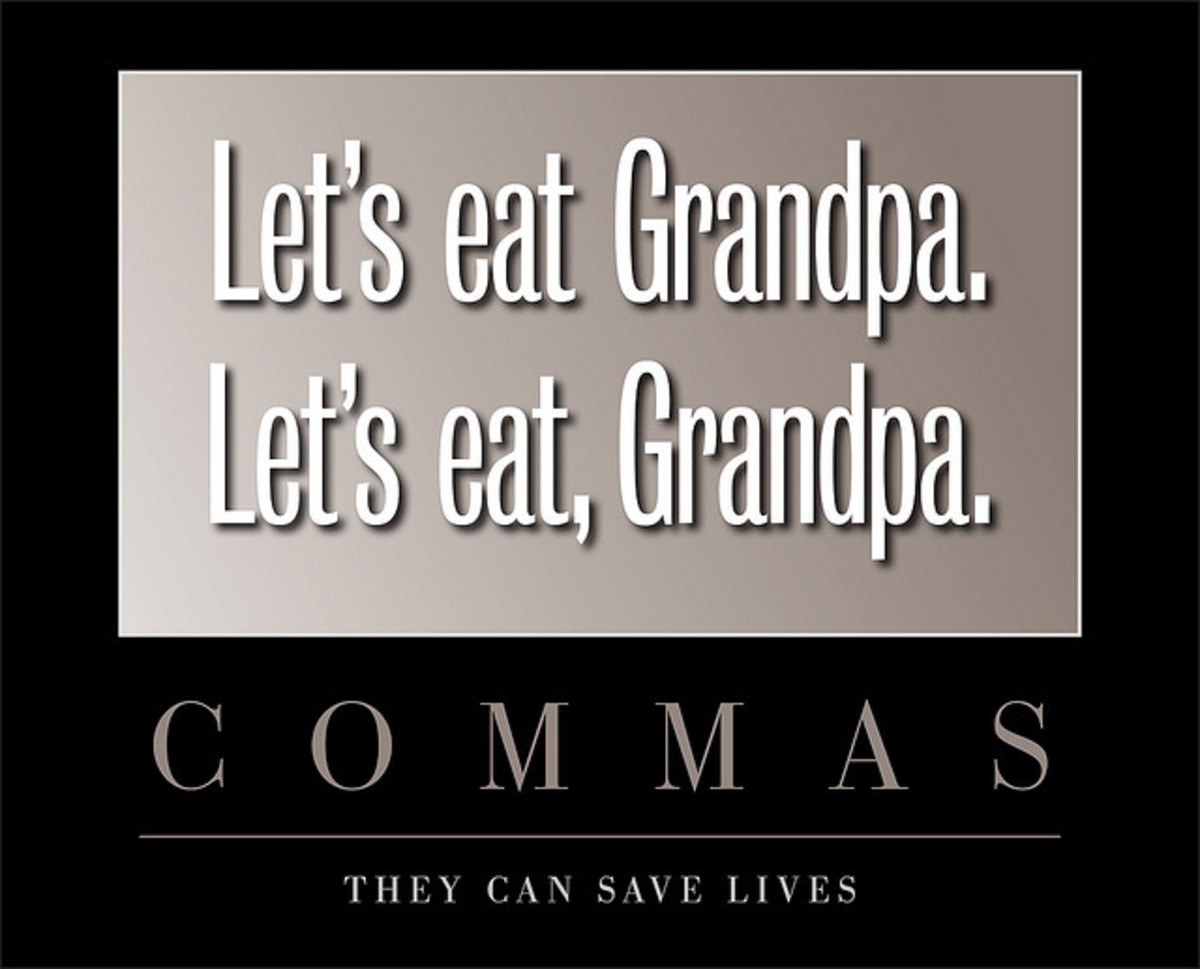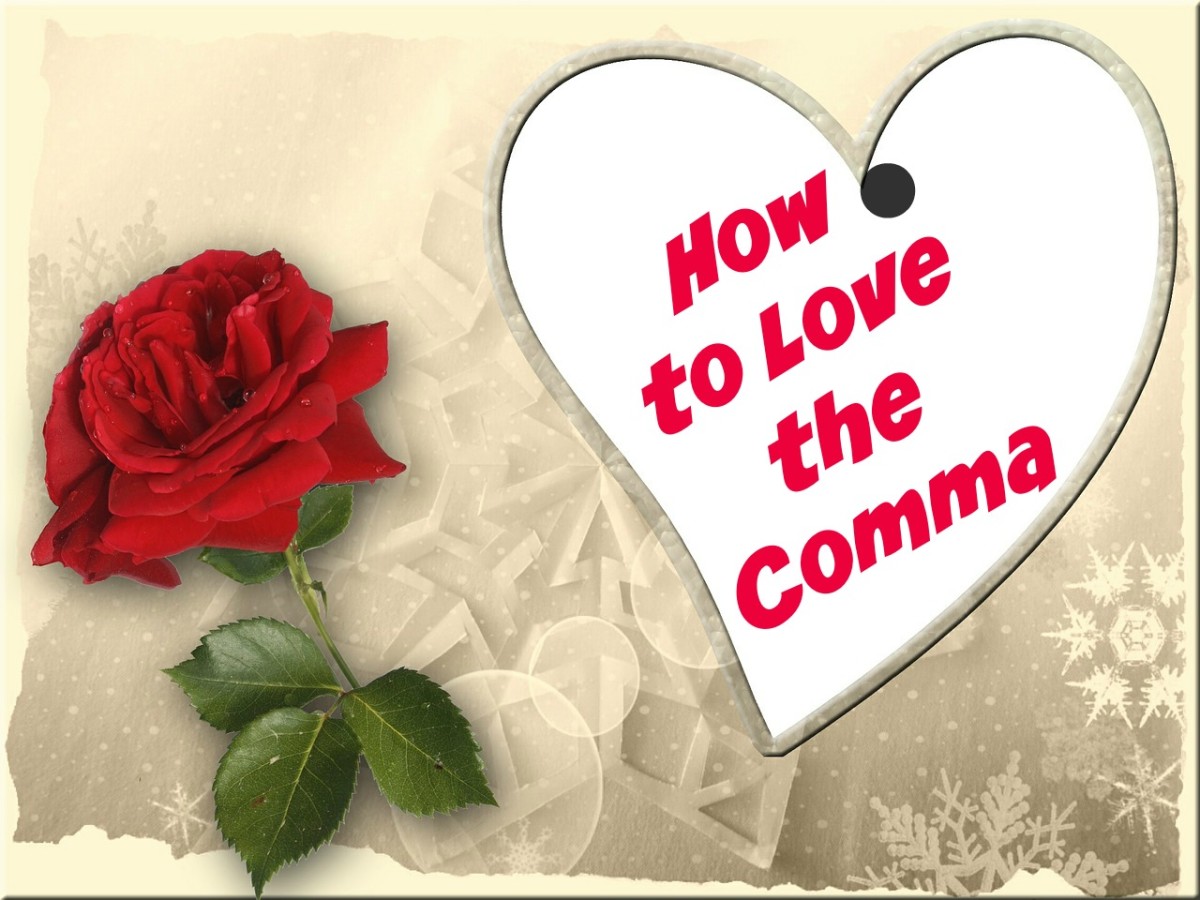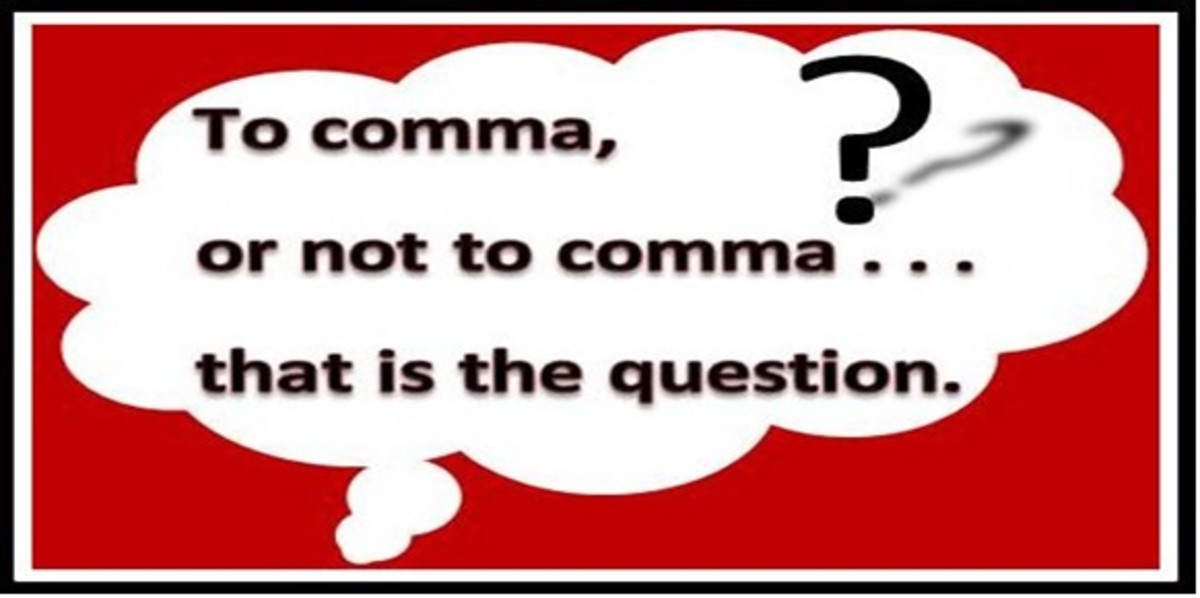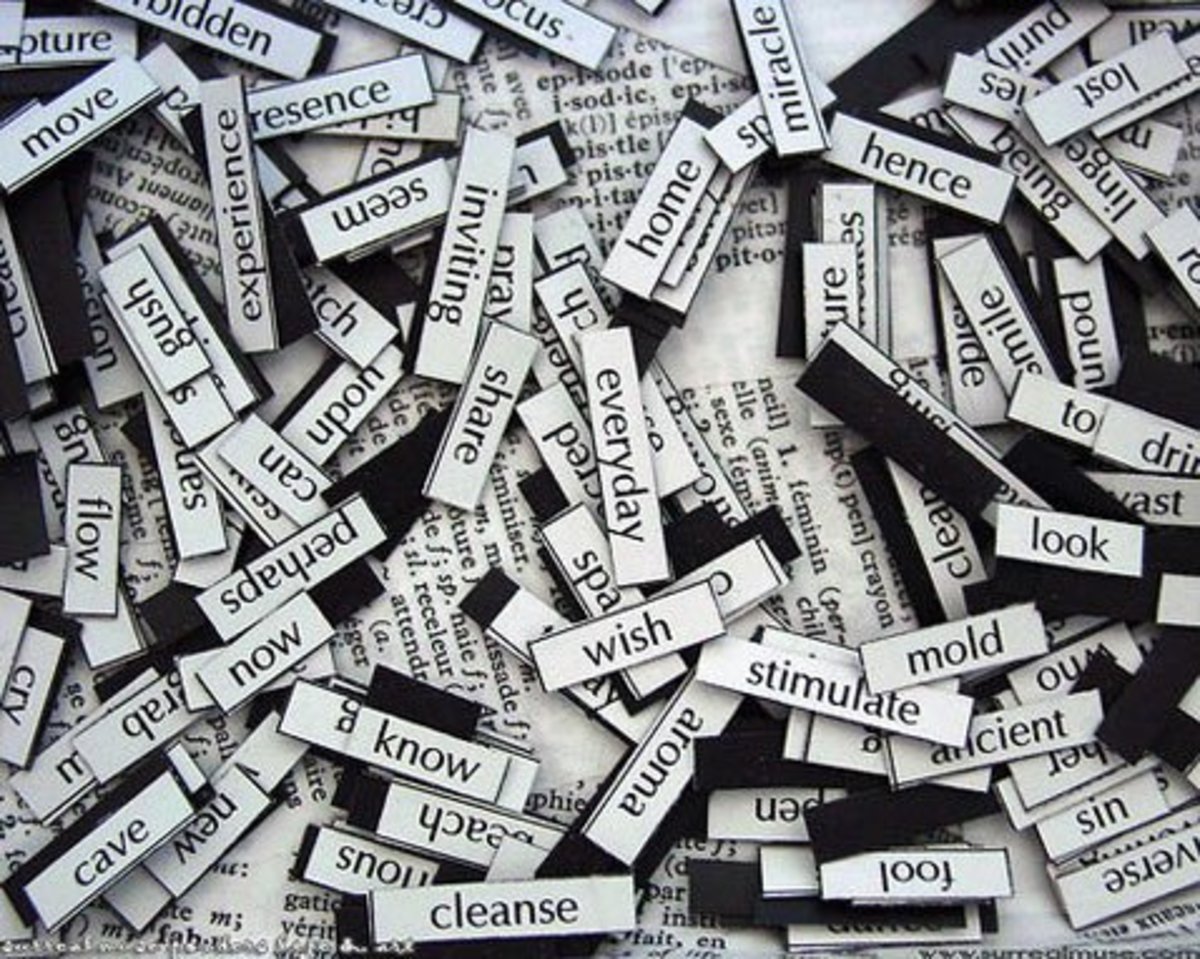- HubPages»
- Books, Literature, and Writing»
- Commercial & Creative Writing»
- Word Usage & Grammar
Commas Are Not Pauses
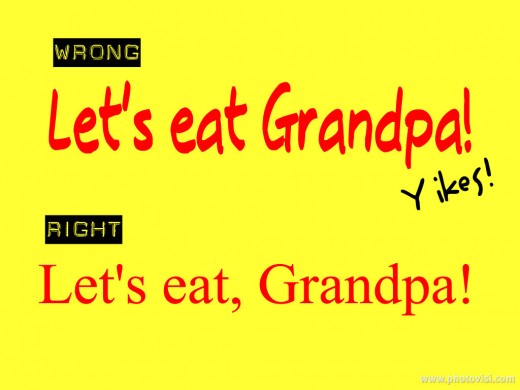
Were you taught that a comma indicates a pause when you're reading something out loud? So were a lot of other people, but actually, that's not what a comma does at all.
Sure, we do often pause naturally where a comma would be, but that doesn't mean we need a comma at every pause. What happens when people start trying to interpret a pause in their writing as a place for a comma? You get commas everywhere. When people read their work out loud looking for pauses, they tend to stop every three or four words, and they never really get what a comma does. Commas are not pauses, but they do have several specific functions. Here are the three most common ways to use a comma correctly:
Commas separate complete sentences.
Example: The dogs went to the park, and they went for a run.
You need the comma here because the sentence can be split, and the part that follows the comma stands alone: The dogs went to the park. They went for a run.
Now, consider The dogs went to the park and went for a run.
We don't have a comma here because we can't split the two: The dogs went to the park. Went for a run. See how the second sentence doesn't stand alone?
Commas separate introductory phrases from the rest of the sentence.
Example: When I went to the store, I saw monkeys and gorillas.
There are three things to look for here:
1) The first part can be removed, and the sentence still stands: I saw the monkeys and gorillas.
2) The introductory phrase normally situates the sentence in a particular time or place. Notice how the event is being placed in the store.
3) A subject/verb always follows the comma after an introductory statement: ...I saw....
Commas surround parenthetical elements.
Example: She went to the store, which was down the street, and bought milk.
A parenthetical element can be taken out of the sentence, and the sentence will still make sense. She went to the store and bought milk. These kinds of phrases are normally added information that's not crucial to the story line. While most people will pause or change the inflection of their voices when they get to the parenthetical element, that's not what the commas are for. The commas are there to indicate, "Hey, extra helpful tidbit here."
So there's the quick and dirty guide. There are lots of different places for commas, and various style guides differ on when to use them where. Where do you have the most trouble with commas? Any other grammar/punctuation issues that have you stumped?

